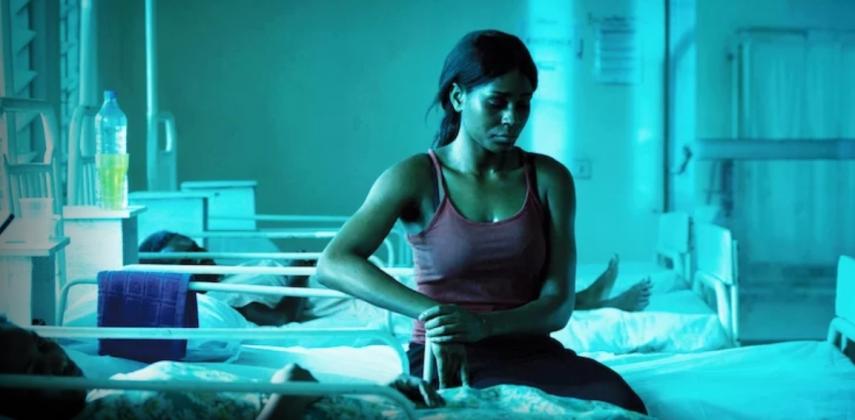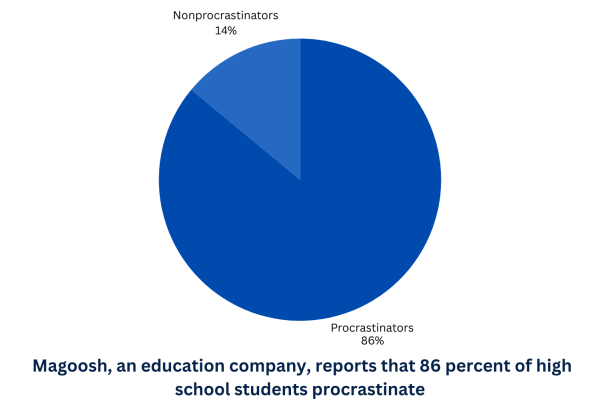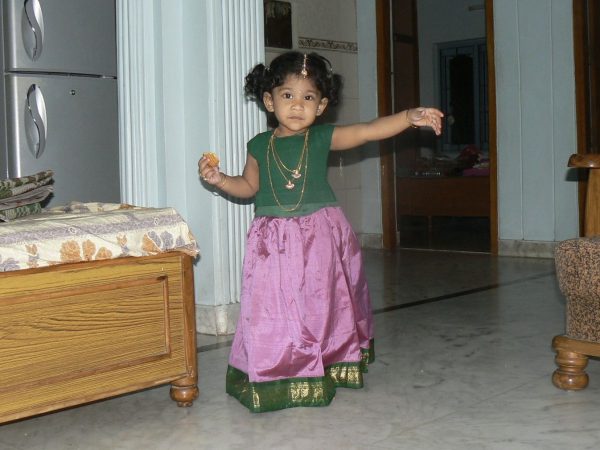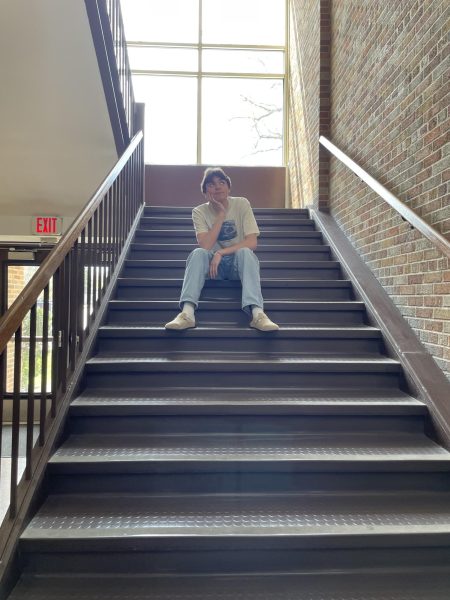‘93 Days’: Mediocre film, perfect pandemic flick
Somkele Idhalama stars as Dr. Ada and delivers an impressive portrayal of dehumanization and suffering.
“93 Days,” an English-language, Nigerian film directed by Steve Gukas, tells the story of the 2014 Ebola outbreak in Lagos, Nigeria, based on the true story of the sacrifices and struggles of the hospital staff who worked to contain one of the deadliest viruses known to man. The film is extremely topical and acts as a sort of wish fulfillment in regards to our response to our current viral predicament. “93 Days” suffers from poor pacing and mediocre camera work, but the magnificent acting and topical subject matter make this an excellent choice for quarantine movie night.
The film centers around the staff of First Consultants Medical Centre, who have received a diplomat suffering from a mysterious illness. Despite the diplomat’s insistence that he has not come into contact with anyone who had contracted Ebola, Doctor Adadevoh (Bimbo Akintola) decides to keep him in the hospital in order to prevent a possible outbreak in Lagos. The film goes through painstaking efforts to show that a pandemic in Lagos would quickly spread worldwide, causing an unstoppable international outbreak of Ebola, because of how large the city is and its position as the travel hub of West Africa. Once the diplomat is confirmed to have been infected with Ebola and becomes the first casualty in the outbreak, the film — which had previously suffered from dreadfully slow pacing — begins to gain traction.
Part of this poor pacing stems from the insistence on carefully humanizing the hospital staff, connecting them to their families and lives outside of their healthcare profession. This becomes important later on in the film, but makes the first act nearly unwatchable, except for the relevant content and outstanding performances, especially by Somkele Idhalama, who plays Dr. Ada.
As members of the staff become infected with the virus, they are moved to a woefully underprepared isolation center in Yaba, a suburb of Lagos. Once the film has changed its primary location to the treatment center in Yaba, the pacing problem is fixed and the acting is allowed to really shine. The most impressive of all occurs when Bankole Cardoso (Charles Etubiebi) celebrates his birthday with his dying mother, over the phone. The emotion reaches through the screen and grabs you.
The different ways the infected hospital staff members deal with the virus delivers an emotionally charged third act. The powerful portrayal of the intense dehumanization, both from the isolation and the virus itself, makes up for the uninspired first and second acts. Especially in the midst of our own pandemic, one of such intensity that the personal tragedy is often lost, the focus on the individuals is powerful. A young man who loses his mother, a pregnant woman who passes away, and the determination of some to beat the virus weave together quite nicely.
Despite its mediocre camera work, cliche dialogue and troubled pacing, “93 Days” delivers a powerful story of sacrifice and perseverance. The depiction of a responsible response to an infectious outbreak offers a perverse sort of escapism from the chaos we face today. In normal times, this movie would be safe to skip, but if you’re looking for your next quarantine flick, this is the one for you.










